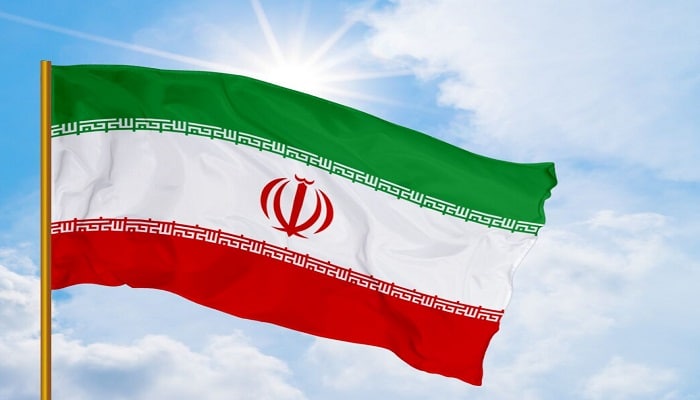PNN – The Wall Street Journal acknowledged in a report: The winner of the Iranian presidential election will be the heir to Tehran’s unprecedented influence in the international arena.
According to the report of Pakistan News Network, this American newspaper wrote in an analysis under the pretext of the presidential election: Iran, under the leadership of (Ayatollah Seyed) Ali Khamenei, has neutralized American pressure for decades, has come out of years of isolation by aligning with China and Russia, and has renounced association with the West. Oil sales to China and military cooperation with Russia have strengthened Iran financially and diplomatically.
Tehran has also been able to effectively exploit several decades of Washington’s mistakes in the Middle East and fluctuations in the policies of different American governments towards the region.
Read more:
West’s failure against Russia; Moscow gains $30 billion in trade despite sanctions
In the continuation of this report, with the claim that Tehran is considered a threat to America’s allies and interests in the Middle East more than any other time since the establishment of the Islamic Republic in 1979: Iran’s military footprint has become wider and deeper than before, and pro-Iranian militias have targeted Saudi oil facilities with missiles and paralyzed global shipping in the Red Sea. They have dominated the political arena of Iraq, Lebanon, Yemen and Syria, and Hamas’s attack on Israel has been the most devastating attack of these groups against Tel Aviv in recent decades. In April, Iran launched a direct military attack on Israel for the first time.
The consequences of Iran’s military presence in the region, regardless of who wins the second round of Iran’s elections or the US mid-November elections, will continue to be important issues.
This newspaper, close to American conservatives, continued: Iran’s growing power is a sign of the West’s failure. Since the presidency of Jimmy Carter, finding an effective strategy to contain Iran has been a fruitless path for foreign policy makers in the West. Western sanctions have no longer had an effect on Tehran’s international isolation, and according to analysts, this country has responded by deepening its relations with Russia and China, and as a result, diplomacy with Tehran has become more complicated.
Western policy towards Iran has fluctuated for more than two decades. The policy of American presidents has been changing many times between diplomacy and interaction on the one hand and resorting to force and isolation on the other hand. Iran has become a regional power while staying away from the red lines that could cause direct military action by the US.

